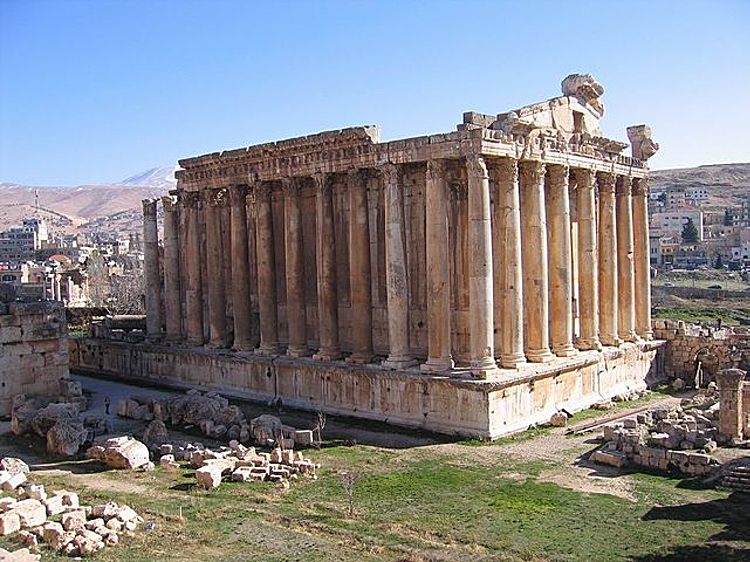War-torn Lebanon has been in the news, and not in a good way. This may not sound like a reasonable place to make excellent wine. And yet here we are.
Notes for you
This week’s Wine Advisor goes to all readers, but my tasting note is limited to paid-tier subscribers, whose financial support helps pay for the wines I review. Please consider supporting us with a paid subscription.
Indeed, as recently as 2008, Smithsonian magazine described the Beqaa Valley, Lebanon’s primary wine region, as “a no man’s land, partly controlled by Hezbollah … and partly by outlaw farmers who export more than 100 tons of hashish to Europe each year – and who defend their territory with heavily armed militias.”
And yet this fertile valley still manages to house a small but thriving wine industry including Chateau Musar, whose wines are sought-after around the world.
Although Lebanon’s modern wine industry is relatively recent, blossoming only after Lebanon’s civil war ended in the 1990s, French colonizers brought vineyards a century and a half ago. In fact, this ancient land traces its heritage back to the Phoenicians, who made wine here as they dominated the eastern Mediterranean before the Greeks and Romans came, leaving in their turn massive temples like the Temple of Bacchus, a UNESCO World Heritage Site that looms over the Beqaa Valley and its vineyards.

The Temple of Bacchus, a UNESCO World Heritage Site, is part of Lebanon’s Baalbeck archaeological site. One of the best preserved and grandest Roman temple ruins, it dates back to the second century. It seems appropriate to have this homage to the ancient Greek god of wine and growing things looming over the vineyards in Lebanon’s Beqaa Valley.
In this unlikely setting, winery owners Ramzi and Sami Ghosn, joined by French winemakers Dominique Hébrard and Hubert de Boûard (formerly with Chateau Cheval Blanc in Bordeaux) and Daniel Brunier (owner of Domaine du Vieux Télégraphe Châteauneuf-du-Pape), parlayed that impressive genealogy into Massaya, a world-class winery in this beautiful if unexpected setting. Their wines, unsurprisingly made in a French style from traditional French grape varieties, earn considerable acclaim, led by today’s featured wine, their flagship Massaya Terrasses de Baalbeck.
Balanced and elegant, it would fit well in a lineup of first-rank Rhône reds or the best that Lebanon has to offer. For further reading, here’s a link to On The Road To Damascus, a glowing account of a visit to Beqaa Valley and the Massaya winery by Berry Bros. & Rudd correspondent Simon Field MW.
Sorry, my tasting report this week is limited to paid-tier subscribers, whose support makes it possible for me to purchase more costly wines like this week’s featured Massaya Terrasses de Baalbeck from Lebanon. I’d love it if you would consider subscribing for full access to all my tasting reports!

Support The 30 Second Wine Advisor with your paid-tier subscription. For $5 per month or $50 for a year (a 17% saving), you’ll receive additional wine notes funded by your subscriptions, gain quick direct access for wine-related questions, and receive other benefits.




